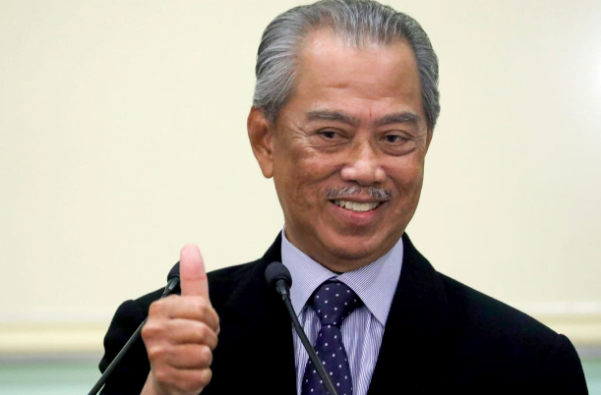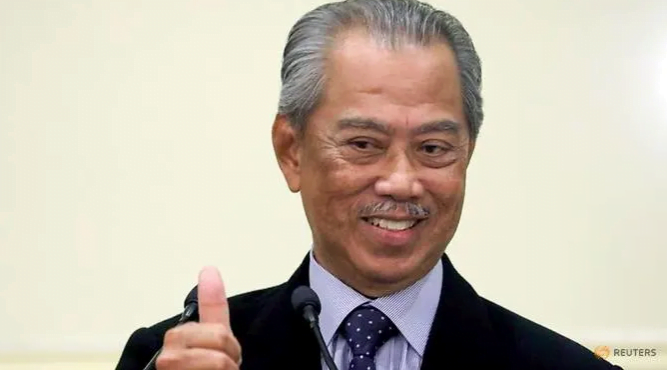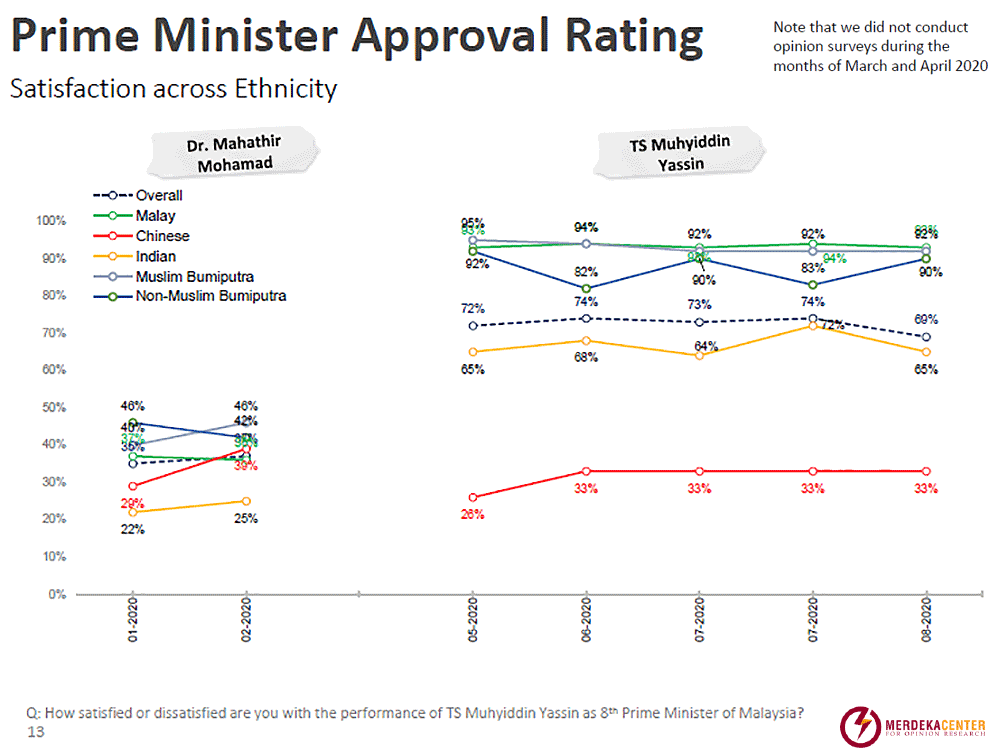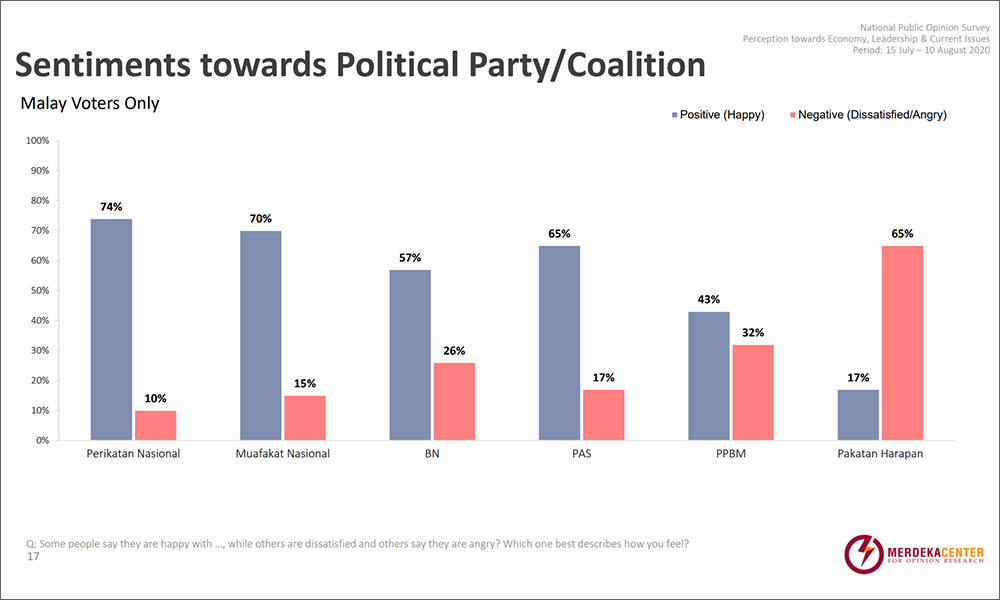 thestar.com.my | 02-Sept-2020 – PETALING JAYA: While most Malaysians are happy with the Prime Minister’s performance in his first six months in office, bread and butter issues such as the economy and their health still plagues their mind.
thestar.com.my | 02-Sept-2020 – PETALING JAYA: While most Malaysians are happy with the Prime Minister’s performance in his first six months in office, bread and butter issues such as the economy and their health still plagues their mind.
In a survey completed on Aug 10, the Merdeka Center for Opinion Research found that 69% of respondents were satisfied with Tan Sri Muhyiddin Yassin.
“The Prime Minister’s approval rating continues to be in a comfortable, positive territory considering that he has held the position since March 2020,” it said on Wednesday (Sept 2).
It added that a similar tendency was found in the public evaluation of the Federal Government.
It said 58% of voters were happy with the Perikatan Nasional government while 28% were dissatisfied and angry.
Interestingly, Merdeka Center pointed out that Malaysians of different income levels held contrasting views of Muhyiddin’s performance.
“Around three-quarters of the respondents whose household income is less than RM2,000 a month expressed positive views towards the government but only 40% of those earning more than RM7,000 a month had positive views,” it said.
It also found that 51% of those surveyed believed the country was heading in the right direction and attributed it to good administration and leadership.
However, about 34% disagreed that the country was on the right track and expressed their frustration over the perceived political instability and complained about unemployment and an adverse business climate.
Despite the confidence in Muhyiddin’s administration, most of those surveyed still worried about an economy affected by Covid-19 and the movement control order that was aimed at stemming the spread of the disease.
The survey found that six out of 10 respondents were worried about the country’s economic standing and about 10% were concerned about their health amidst the Covid-19 pandemic crisis.
But 93% said they were satisfied with how the country managed the crisis while 61% were confident of the government’s methods in managing the economy.
Merdeka Center also noted that only 6% of respondents thought race relations and political issues were the country’s main problems.
The survey was conducted between July 15 and Aug 10 to gauge voters’ perception of the economy, leadership and current issues.
It interviewed 3,415 registered voters comprising 52% Malay, 29% Chinese, 7% Indian, 6% Muslim Bumiputra and 6% non-Muslim Bumiputra.







 malaysiakini.com | 20-July-2019 – Prime Minister Dr Mahathir Mohamad’s approval rating has steadily improved, after hitting an all-time low of 46 percent in March this year.
malaysiakini.com | 20-July-2019 – Prime Minister Dr Mahathir Mohamad’s approval rating has steadily improved, after hitting an all-time low of 46 percent in March this year. SANDAKAN POLLS | Malaysians may feel pessimistic about the country’s economic performance, but a “clean” Pakatan Harapan administration will eventually turn things around, assures Finance Minister Lim Guan Eng.
SANDAKAN POLLS | Malaysians may feel pessimistic about the country’s economic performance, but a “clean” Pakatan Harapan administration will eventually turn things around, assures Finance Minister Lim Guan Eng.



